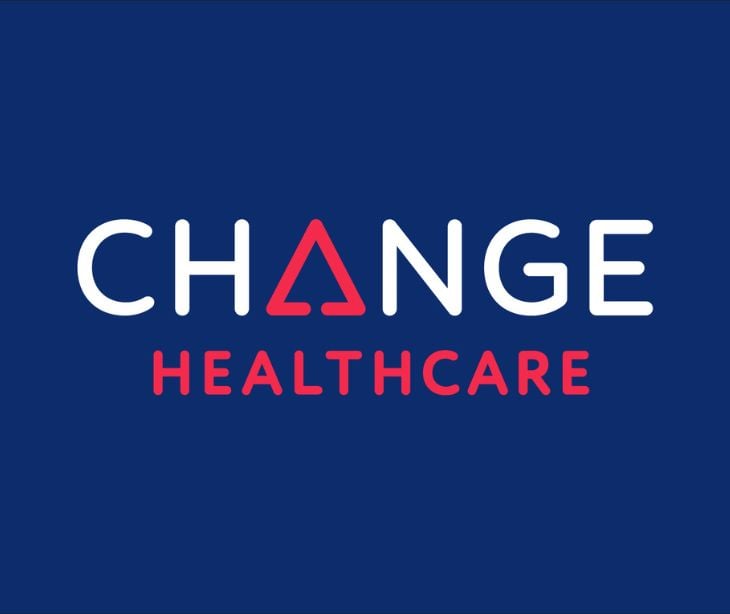2 min read
Report: 33 percent of healthcare websites still use pixel tracking
Abby Grifno
April 12, 2024
Research shows that many healthcare organizations may have heightened privacy risks.
What happened
LOKKER, a technology service provider, recently reported that many organizations still use pixels to collect and track data.
LOKKER’s research examined 3,419 websites in the US and four industries: healthcare, technology, financial services, and retail businesses. It also analyzed the S&P 500. Their results were both surprising and concerning. They found that nearly 2% of all companies shared data directly with Russia or China.
They also found 33% of healthcare companies utilize the Meta pixel on their websites. Despite significant pressure from the government, mounting lawsuits, and increasing breaches, many companies still seem unable to step away.
Go deeper: OCR and FTC publicly release warning letter regarding pixels
Related: Report shows increasing ransomware and lawsuits for pixel use
Going deeper
The report found that approximately 4% of healthcare companies use the TikTok pixel. While the number is relatively low, especially compared to other pixel companies, TikTok has recently gained significant attention from the government over concerns regarding data-sharing with China.
With growing popularity, healthcare organizations may be incentivized to use the TikTok pixel to increase targeted ads, but it could come with additional data being shared. The report also found that 2% of websites collect data using web trackers that originate in either China, Russia, or Iran.
The news isn’t all bad. According to the report, 59% of healthcare websites now have a consent banner regarding cookie use. Even so, the vast majority of websites still load cookies before users are given the option to consent. Furthermore, it isn’t always clear what information is being tracked or how it will be used.
What was said
LOKKER CEO, Ian Cohen, said, “LOKKER’s research sheds light on critical issues that businesses often underestimate.”
“Unauthorized data collection through third-party trackers and related technologies is far more pervasive than people realize,” he added, sharing that some tracking technologically is necessary. “However, this web of interconnected technologies produces dozens to hundreds of URLs collecting data on a single webpage and is the engine that powers the data broker market. Moreover, data collection on websites and ad tech happens in real time, existing privacy tools are not real time, and therefore not getting the job done.”
“As a result, we’re seeing a dramatic increase in privacy violations, lawsuits and fines,” he said.
The big picture
Nearly a year ago, a report revealed that 98.6% of hospitals, at the time, used website tracking. The report catapulted governing bodies into action, with many arguing pixel use was a privacy violation. As a result, many organizations faced lawsuits or had to significantly alter their websites.
Yet some organizations continue to rely on pixels, even if it’s clear that changes must be made. As LOKKER’s report reaches the public, we may see further backlash against companies that continue pixel use despite numerous warnings.
Subscribe to Paubox Weekly
Every Friday we bring you the most important news from Paubox. Our aim is to make you smarter, faster.




